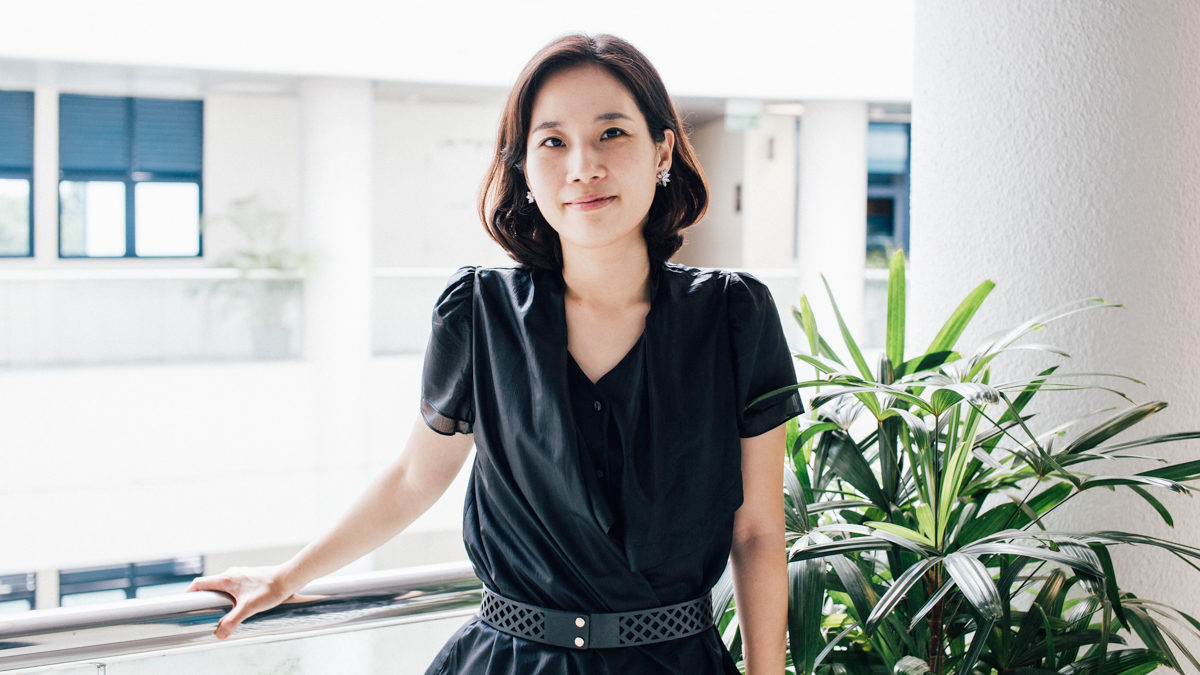A new publication by Northeastern University faculty member Myojung Chung, Assistant Professor in the School of Journalism, explores how media framing and onset controllability (whether the cause is perceived as controllable) influence support for policies that help postpartum depression patients. While postpartum depression – which can have a wide range of symptoms – constitutes a serious public health concern, it often remains undetected and untreated. At the same time, we know that media coverage can exert meaningful influence on public attitudes and have an impact on the establishment of relevant policies to prevent and solve public health problems. Professor Chung’s research, published in the Journal of Health Communication, explores how these two concepts are woven together, and how and why media frames determine public attitudes toward postpartum depression policies.
“We often witness racial or ethnic disparities in public health issues such as postpartum depression,” said Professor Chung. “This research is meaningful because it shows how responsible journalism can generate public support for policy changes to help those in need, eventually enhancing social justice.”
The publication is entitled Effects of Media Frame and Onset Controllability on Support for Postpartum Depression Policy and is co-authored by Hye Kyung Kim. The full abstract can be viewed here.
Professor Chung holds a master’s degree from Harvard University and a PhD in Mass Communication from Syracuse University. Her work explores how the emergence of new media influences social and psychological processing of messages. In particular, her research focuses on how online participatory behaviors such as commenting, liking, and sharing affect audiences’ processing of news or other mediated messages, and on how to make messages more persuasive and effective in the digital era. As an active faculty member of CAMD’s Master of Science (MS) in Media Advocacy program, her research interests also extend to the role of media as a tool to create social changes. We are excited to welcome Professor Chung to the School of Journalism and see her contributions to both our community and the industry.


